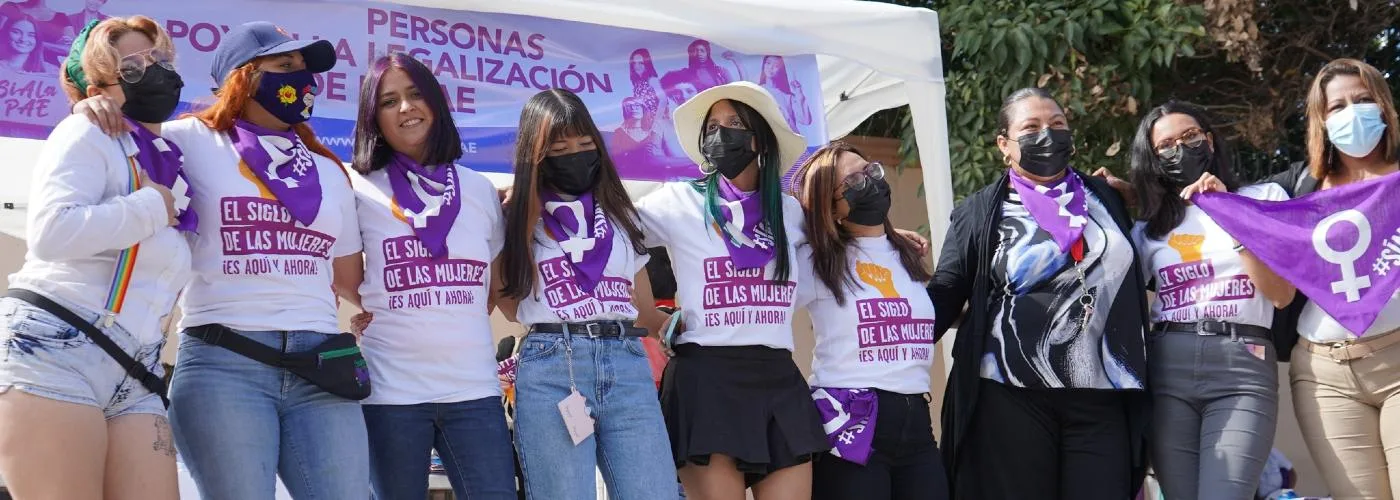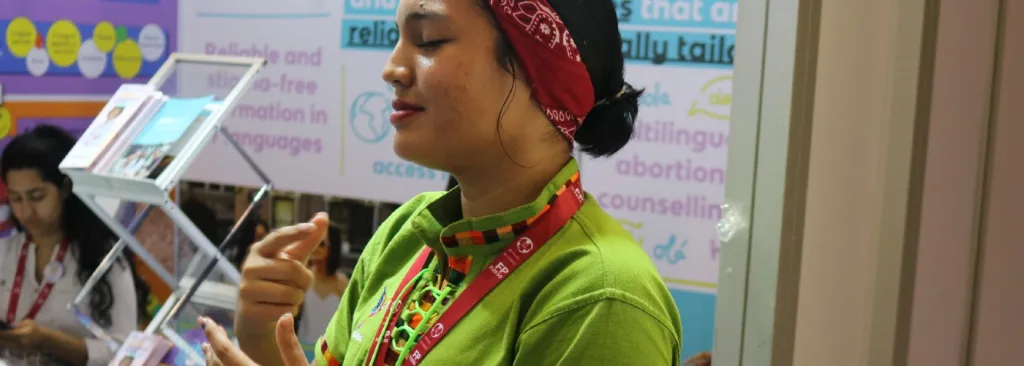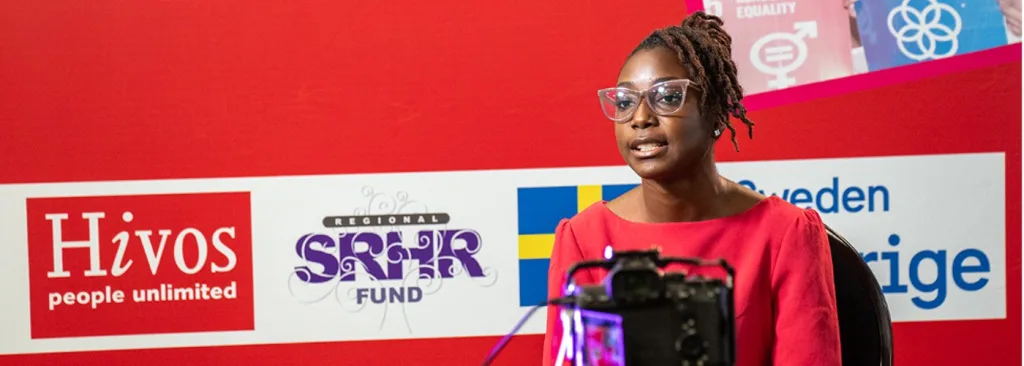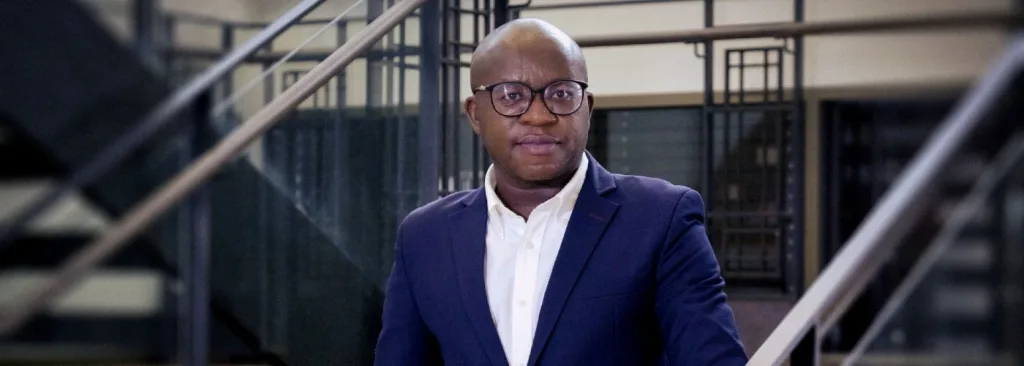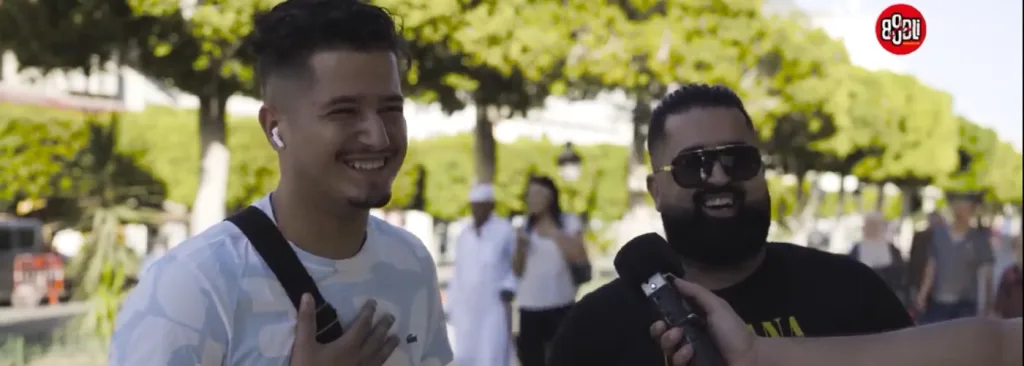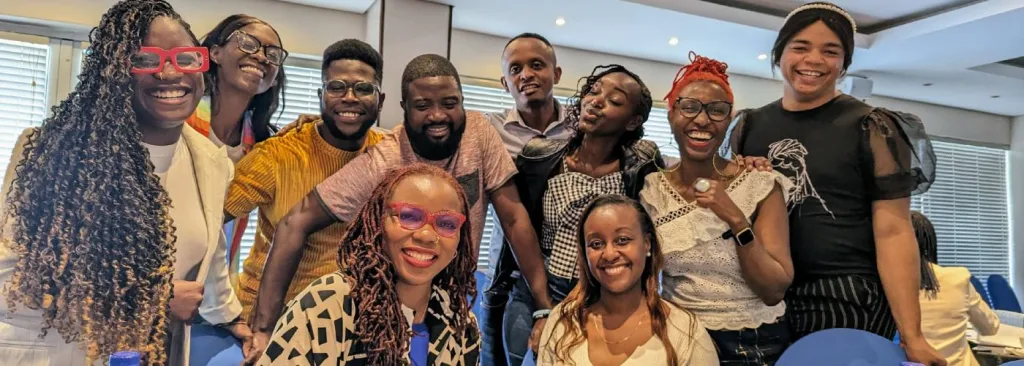Honduran activists get ban lifted on emergency contraceptives
In March this year, the President of Honduras, Xiomara Castro ended the national ban on emergency contraceptives. Since the morning after pill was prohibited in 2009, sexual and reproductive health and rights (SRHR) activists have been fighting to lift this ban and ensure access to these essential health services.
Hivos has long-standing partnerships with feminist movements in Honduras, first through the Right Here Right Now program and currently in our We Lead partnership. Ligia Destephen Lavaire coordinates the We Lead program in Honduras. “Honduran feminists have been fighting to lift this ban since its introduction in 2009. At that point, we never thought this victory would happen,” she said.
“In our programs with Hivos, we were able to revive the activist group.”
The long road to the right to choose
Since 2017, Hivos has supported movement building for SRHR activism in Honduras. “One of our objectives was to activate a strategic coalition on the morning after pill. This initiative started in 2012, but had become inactive. Without proper funding, these movements are not sustainable. In our programs with Hivos, we were able to revive the activist group,” Ligia added. This coalition of feminists collectively learned, organized and campaigned. Through communication efforts and campaigns, they aimed to shift public perception of emergency contraceptives and break down myths about them. For example, that emergency contraceptive pills cause an abortion, which is not true.
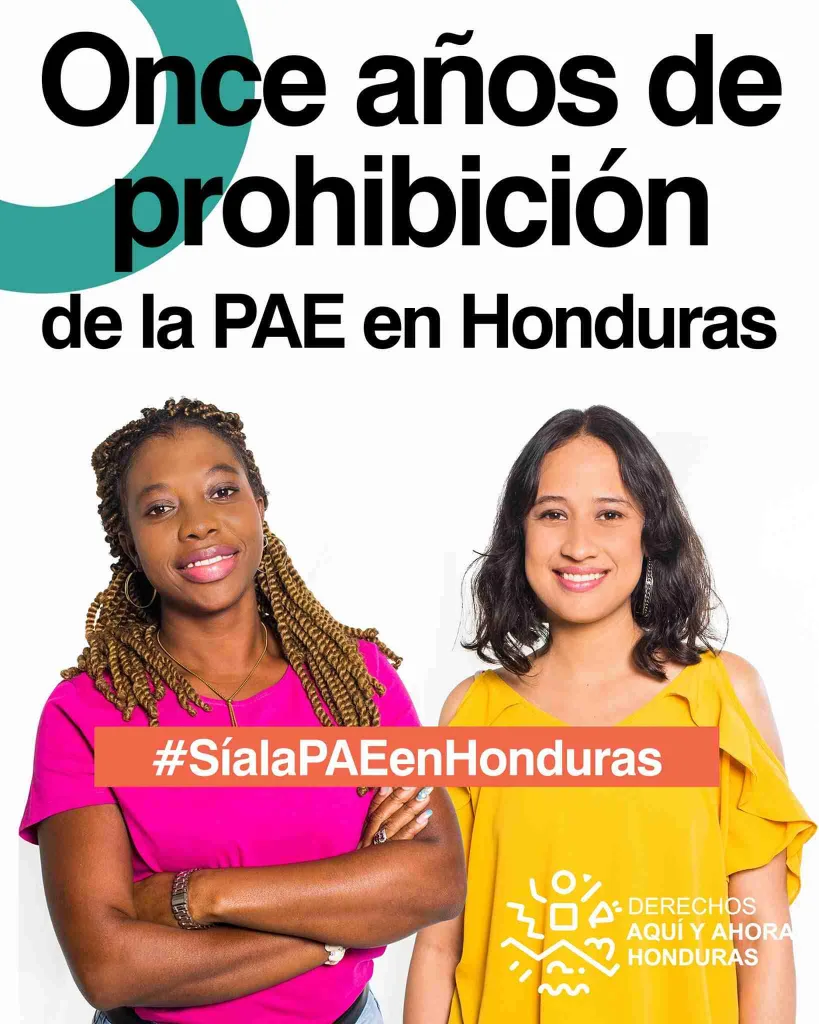
We Lead’s role
Strengthening capacities of youth-led organizations is a core strategy of the We Lead program. By training activists to be spokespersons in support of SRHR, the movement helped keep the debate in the public eye.
The We Lead team actively lobbied to lift the ban on emergency contraceptives. By speaking directly to decision-makers about the consequences of a lack of access to these essential services, the team contributed to this success. The issue received international attention as well. A representative from We Lead joined the delegation that participated in CEDAW in October 2022. CEDAW is a UN monitoring mechanism on discrimination against women. There, at the UN in Geneva, the team was able to emphasize the need to lift the ban on emergency contraceptives in Honduras. This recommendation was incorporated in the UN’s official report on the country.
After more than a decade of local, national and international advocacy, the ban was finally lifted. “I was already in bed when I saw the news. Later that week, we celebrated with some young feminists, people from the government and donors. We danced a lot,” Ligia said.
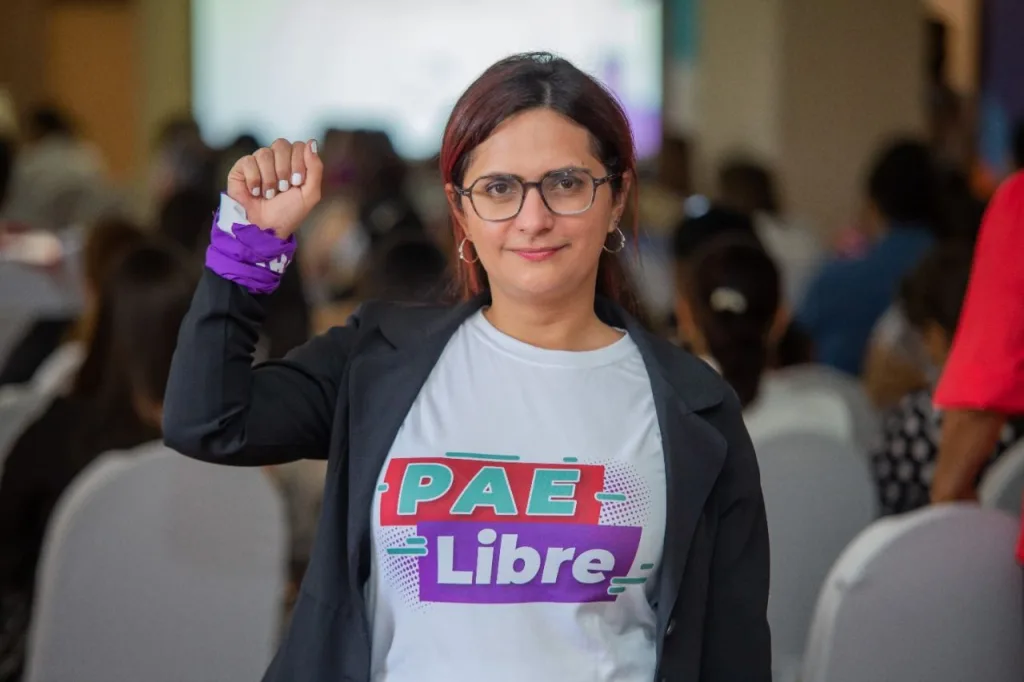
From policy to reality
As the facilitator of We Lead’s Community of Action, Ligia brings together SRHR activists from different walks of life. “We see that women with disabilities are more exposed to sexual violence. Access to emergency contraceptives gives them at least a choice about pregnancy. And women who migrate can take these pills with them while they travel. It provides a safety net in an already vulnerable position,” Ligia explained.
Although emergency contraception is not illegal anymore, it will take time for it to become widely accessible. Ligia: “Right now, costs are between 10 and 15 euros per pill. It needs to be cheaper to be accessible for everyone. We need the government and donors to provide this for free.” In July 2023, the Morning After Pill Coalition, which We Lead is part of, will start a campaign on how to use emergency contraception pills.
Looking ahead
On the same day that the ban was lifted, a new law on the prevention of adolescent pregnancies was passed. Ligia is hopeful: “We hope that this victory will bring us closer to our other goals. This could be a step towards comprehensive sexuality education in schools.”
Ligia then stressed how this success also shows the crucial importance of flexible and long-term funding for advocacy. “We can plan activities, but in reality we sometimes need different resources. This kind of change takes time. These five-year programs give us space for that flexibility.”
About We Lead
We Lead is an innovative and far-reaching program that aims to strengthen the influence and position of young women whose sexual and reproductive health and rights (SRHR) are neglected the most. It targets young women and adolescent girls who: live with HIV; face vulnerability and discrimination; live with a disability; and/or are affected by displacement. We Lead is a five-year program, funded by the Dutch Ministry of Foreign Affairs. Consortium partners are: Positive Vibes, Restless Development, Marsa, FEMNET, the Central American Women’s Fund, and Hivos as lead party. M&C Saatchi World Services is our technical partner.
Text: Mickey Andeweg

